Developing and building electric vehicles costs a lot of money, and Lucid Motors has been tapping its Saudi-based investors for billions in additional funding during the past few years. Now, the EV maker plans to go to new source: the public. At the same time, it’s getting a new top shareholder.
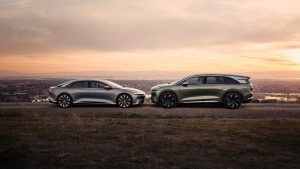
Lucid plans to add its second vehicle, the Gravity, to the company’s all-electric portfolio later this year. In the meantime, it’s looking to raise $1.7 billion with an IPO.
The California-based auto company revealed Thursday it plans to offer more than 262 million shares, expecting to raise nearly $1.7 billion. The new came at the same time officials revealed the company would likely post a bigger loss than previously forecast. The company’s stock is down nearly 15% in late morning trading. It dropped 20% Wednesday on the news of the IPO alone. Overall, it’s down more than 20% in 2024.
Contributing to investors’ surly mood is the revelation that the company expects to report a loss from operations in the range of $765 million to $790 million for the quarter ended Sept. 30, compared with analysts’ estimates of $751.7 million, according to data compiled by LSEG.
Lucid officials said in a Securities & Exchange Commission filing the company will use the additional $1.7 billion for “general corporate purposes, which may include, among other things, capital expenditures and working capital.”
New owners too
At the same time, Lucid’s top shareholder, Saudi Arabia’s Public Investment Fund is selling 374.7 million shares of common stock to one of its affiliates: Ayar Third Investment Co. The private placement will become final upon completion of the public offering, according to the filing.
At the end of the two transactions, Ayar will remain the EV maker’s largest single investor, holding 58.8% of the company’s outstanding common stock. Bank of America, which is underwriting the deals, gets a 30-day option on 39.4 additional shares of common stock.
The move completes a deal announced earlier this year, where Ayar purchase $750 million of convertible preferred stock via private placement and provide for a $750 million unsecured delayed draw term loan facility at later date.
None of the participants offered any formal comment on the deal.
Big investment
Seen by many as the top competition for EV leader Tesla Inc., the company’s first offering, the Lucid Air and its variants, are largely seen in a positive light. However, Lucid’s run into production roadblocks and other issues that have kept it from consistently hitting production and sales targets.
However, the company came through during the third quarter producing 2,781 sedans compared with the estimates of 2,242 vehicles, according to eight analysts polled by Visible Alpha. The positive numbers come as the company prepares to begin production of its second vehicle, the Gravity, which is aimed at fighting the Tesla Model Y and Rivian RIS.
Despite the positive Q3 production results, the company’s push to resolve issues and roll out its second vehicle, an SUV dubbed Gravity, often requires big cash. Its largest investor — at least prior to this announcement — has stepped up repeatedly to top off the company’s coffers.
The aforementioned $1.5 billion influx from Ayar as well as the additional $1.7 billion from the IPO helps ensure the company can launch the Gravity as well as develop future products, which are expected to begin arriving in 2026.
More Lucid Stories
- Lucid Gets a Reprieve as Price Cuts Help it Gain Market Traction – But Saudi Cash Remains Key
- Twork Named New Lucid PR Chief as it Enters a Critical Phase
- Lucid Pushes Efficiency to New Levels with 2025 Air Pure Model
Nervous times
The constant need for cash and more investment, may have some concerned. These company’s are called startups for a reason: they may not finish up. The most recent example is the bankruptcy of Fisker Inc.
The brainchild of famed Danish designer Henrik Fisker, the EV company is the second fledgling — or startup — automaker he’s founded that ended up going under. The company just got its final reorganization plan approved by the U.S. Bankruptcy Court in Delaware.
The current leader, Tesla, often struggled with cash flow during its formative years, failing to turn a profit for more than a decade before moving from red to black for a full year in 2020, which is reported net income of $720 million. Even then, much of its profits came from sales of regulatory credits to other automakers.

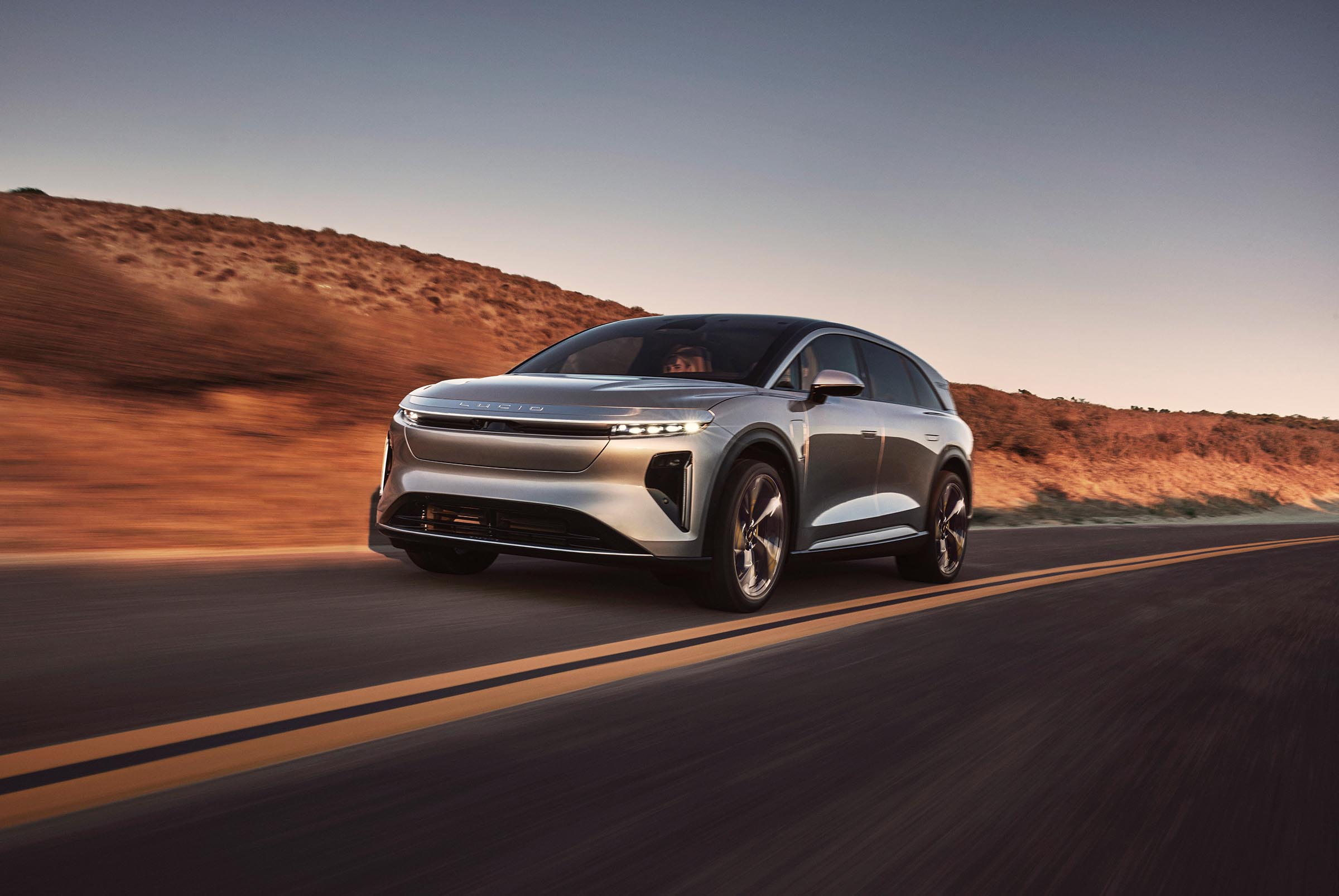
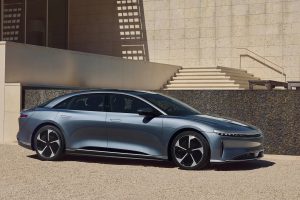
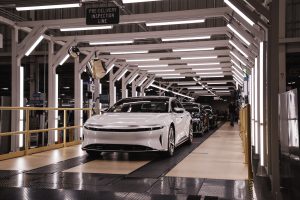
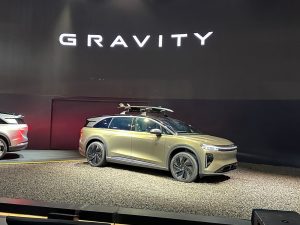
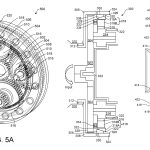
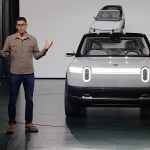
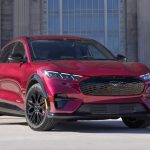
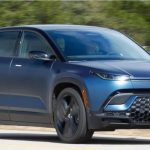

0 Comments